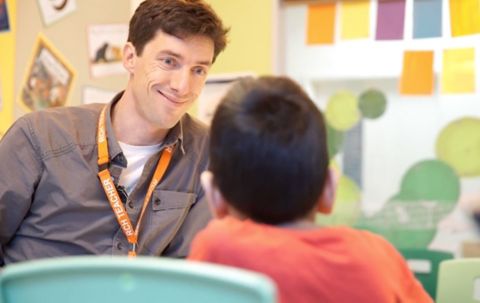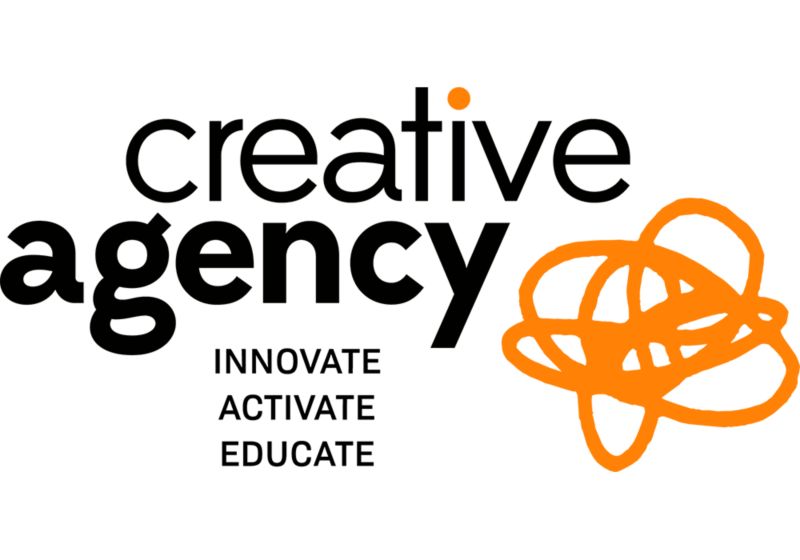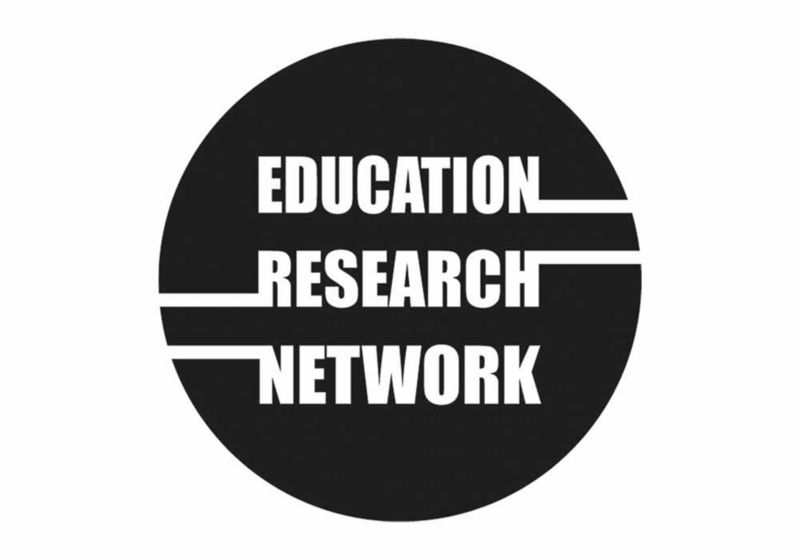The RMIT School of Education’s research is innovative, with academic staff and HDR students employing a variety of traditional and cutting-edge methods and theories that contribute to our understanding of education in domestic and international education settings. We examine important educational issues, and work to contribute new insights that will advance equity, excellence and efficiency that benefits individuals and educational organisations.
Interested in studying with us? The School of Education offers a PhD (Doctor of Philosophy) and a Master degree by research. Click on the “Postgraduate Research” link below.
Interested in our research? Learn more about our researchers and their areas of expertise by clicking the “Our Researchers” link below.
Interested in our evaluation, policy analysis, professional development programmes and research projects? Click on the “Our Projects” link below.
For all inquiries related to research in the School of Education, please contact any of our dedicated staff:
Professor Amanda Berry, Associate Dean, Research & Innovation
Senior Lecturer Naomi Wilks-Smith, HDR Coordinator
With the Creative Agency research lab, the School of Education contextualises research within recent developments of the Asian Century, marked by global shifts toward the developing economies of Asia. Our researchers undertake research and create knowledge to understand, support and improve the education industry.




